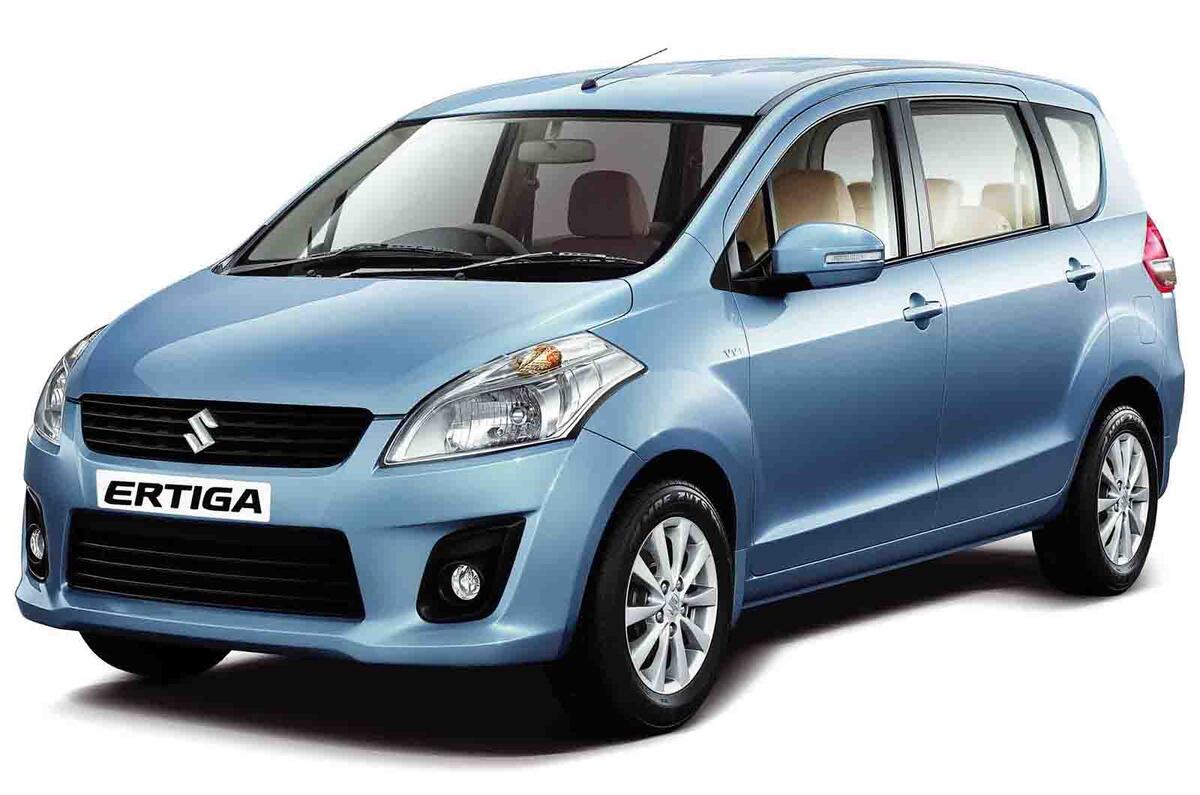Maruti Suzuki’s dominance in India is formidable. The subsidiary of Japanese manufacturer Suzuki enjoys a 52% market share in the country, which has a population of more than a billion people. The company is aiming to have a garage or dealership every 17 miles.
There are around 3000 dealers in India already, some servicing 250 cars a day, and the manufacturer estimates that it builds a new car every 16 seconds.
Its success compared to the standings in the European market puts things in context. The biggest chunk of the market on the continent belongs to the Volkswagen Group and its subsidiaries, which had a 24.9% share of all new car registrations from January to September 2015 (albeit before the damaging revelations of the emissions scandal).
But why does Maruti Suzuki - who’s parent company can only claim a meagre market share of 1.3% in Europe - have such a staggering portion of the Indian market?
In the early days of mass production cars in India it was exclusively limited to a few local manufacturers, but in the 1980s foreign firms were eventually allowed to invest in the Indian market, leading to the alliance between Japanese Suzuki and Indian Maruti.
Maruti Suzuki was the first and most successful multinational car manufacturer in India, and it wasn’t until 1991, when India began to further liberalise the automotive market, that it faced any real competition from foreign firms.
So by the time any rivals came on the scene, Maruti Suzuki was already well established on Indian soil, with cars like the Maruti 800 dominating the market.
The reason the firm was so popular then, and remains so popular now, is also down to how well-suited its line-up is to the market.
Suzuki may be eyeing up crossover conquests abroad with the new Suzuki Vitara and SX4 S-Cross, but Maruti Suzuki remains largely focused on its values as a cheap and cheerful small hatchback manufacturer, although tentative steps into the more premium sector have been taken recently.
Its extensive small car range includes the Suzuki Swift, Celerio, Wagon R and Alto. The Baleno has just joined its ranks, too, becoming the sixth best-selling car in the country during its November 2015 launch and the first car the company will make in India and sell globally. It’s not resting on its laurels, either. The Ignis, based on the iM-4 concept, is on its way too, with a launch reportedly set for the end of 2016.
The manufacturer has also embraced development around India’s car tax laws to further establish its grip on the market. Cars more than four-metres long have to pay an additional tax rate, which doesn’t trouble Maruti Suzuki’s small hatchbacks and saloons, and cars that are built in India don’t have to pay import tax, which gives them an advantage over other rivals built abroad. There’s also a great interest from buyers in locally built cars as opposed to foreign rivals, which helps sales further.




Join the debate
Add your comment
All makes a lot of sense